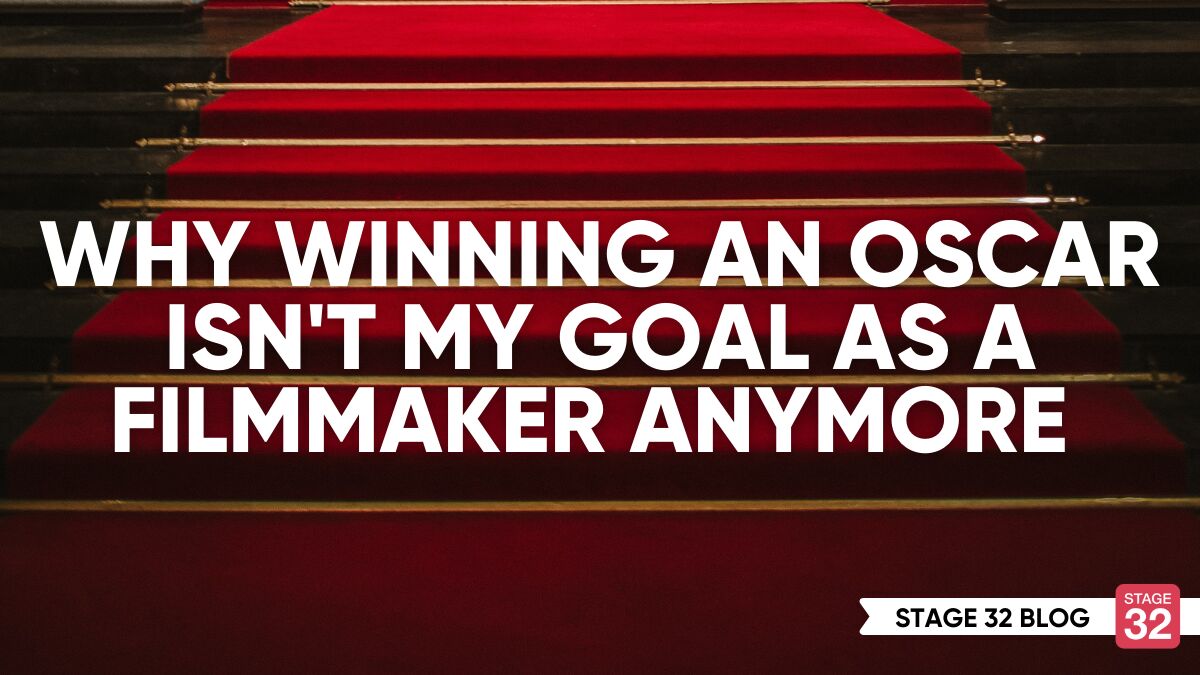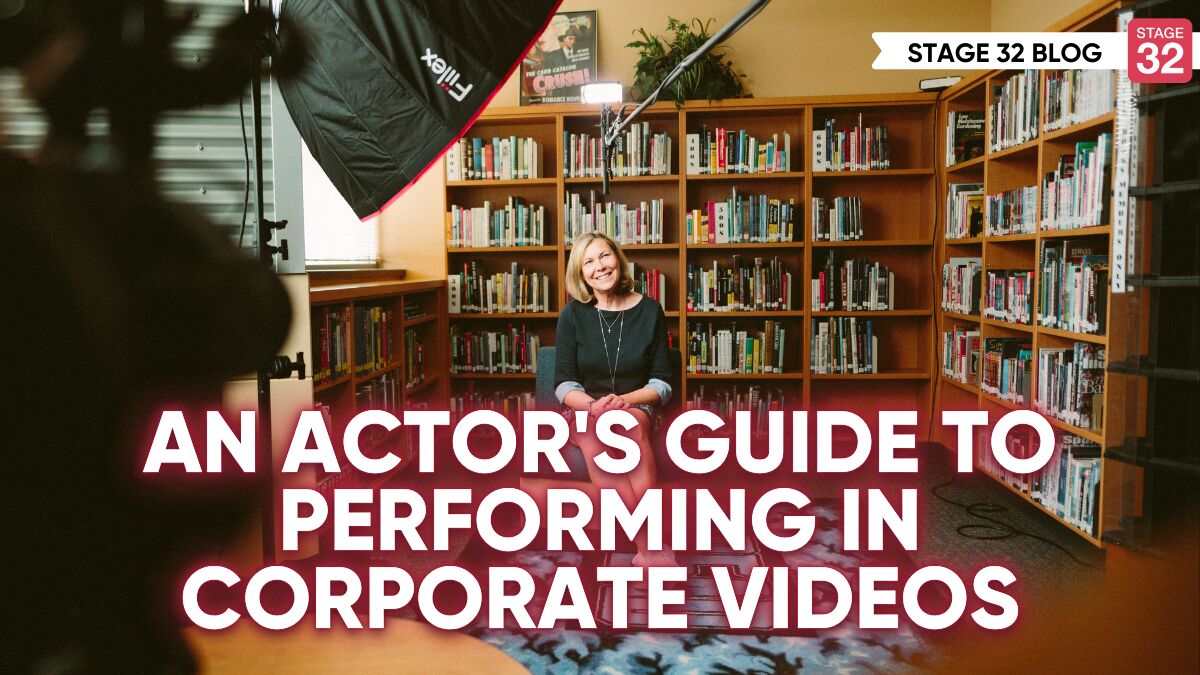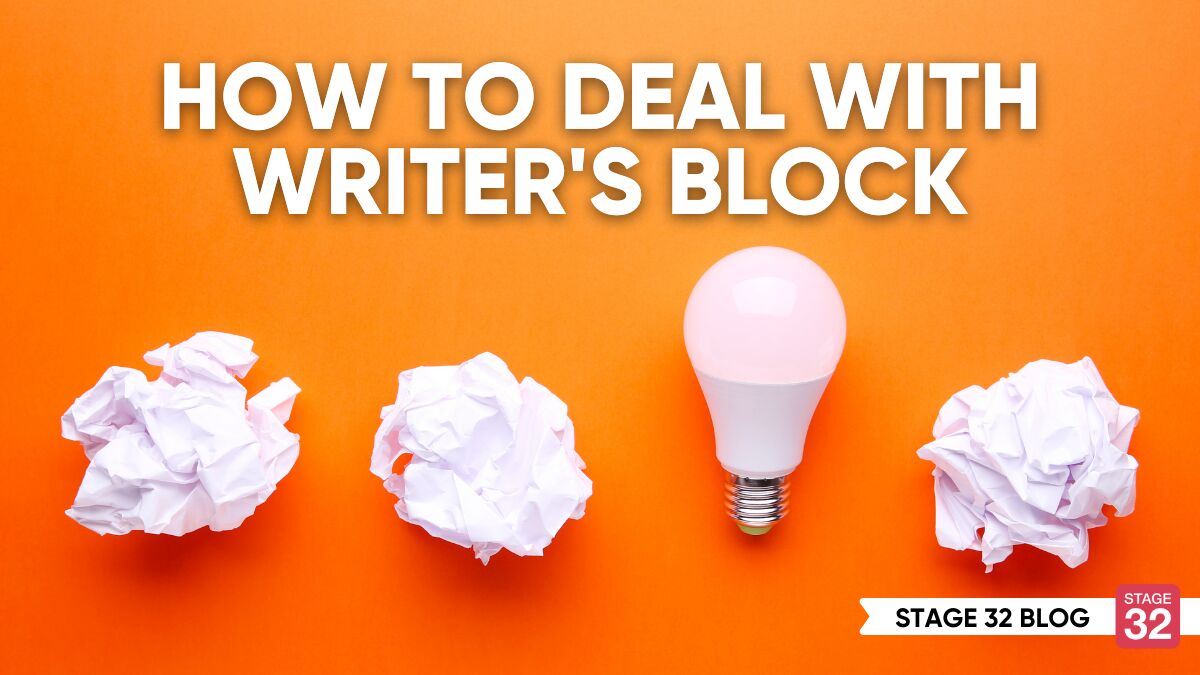How to Deal with Writer's Block
The famous and dreadful writer's block! One of the many writers’ pet peeves. If it makes you feel any better, many writers, musicians, composers and artists in general have suffered from it, such as authors F. Scott Fitzgerald and Charles M. Schultz (the very productive creator of Charlie Brown and Peanuts), to name a few.
Moreover, the notion is rather recent. The idea is thought to have originated in the nineteenth century, and the term "writer's block" was coined in 1947 by Dr. Edmund Bergler, an Austrian psychiatrist.
The phenomenon is widespread, to the point where scientific articles have been written on the subject in very serious medical, neuroradiological and psychiatric journals. It does not only affect artists, but also published researchers and university students.

Where does it come from?
Various scientific theories have been put forward, but no consensus seems to have been established. Attempts have been made to address the problem with cognitive therapy or medication, with mixed success. Some also claim it doesn’t exist, that it’s just an excuse for insecurity or laziness.
In the meantime, many coaches promise to give you infallible methods and tricks to overcome writer's block. Some even promise to give you tips on how to unleash your creative potential and write an entire novel or script in just a few days! Nothing less.
The sad truth is that there is probably no foolproof method to eliminate writer's block completely. Notice, by the way, that the title of this post is not overcome, but deal with. Because, if you are experiencing this struggle, it might never disappear entirely. But fear not, it’s possible to find solutions.

Small Deadlock or Big deadlock?
Small Deadlock
Based on my personal observations as a writer and a book publisher, I believe there are several types of deadlocks: small ones and big ones. Small dead ends are the ones you sometimes encounter when you get stuck at a point in the story with a specific plot or a conversation and can't find a way out. Your pool of ideas and possibilities is dry; nothing seems to fit.
Good news! Little dead ends like this are rarely problematic and can be solved rather easily. Here’s a few tips that might help.
Write Out of Order
When this happens, there’s nothing to stop you from skipping the scene that's causing you problems and writing the next one. After all, the story doesn't have to be written in a logical order.
What Cannot Happen?
Here’s another tip from the Pixar writing team: make a list of things that cannot happen. This technique stimulates the neurons and requires an effort of imagination that can end up unblocking a situation.
Change the Setting
Write a new scene with the same character but change something like his/her gender or age, for example. Or write a scene in a completely different context, say a different period of time or another place.

What if?
There is also the "what if" method. For example: what if my character made a decision that was the complete opposite of her personality? What would happen then?
Get Support
Brainstorming with someone can also help. Simply talking to other writers who will understand what you are going through may assist you. Sometimes, all you need is someone listening to and sympathizing with you.
My Personal Tip
For myself, I suggest the following exercise: starting from the scene you are stuck on, briefly write down three scenarios that could happen, even if they don't make sense or seem plain dumb, like the character of your romantic comedy being kidnapped by aliens.
The goal here is to keep your neurons working. Now imagine two or three possible outcomes to each. Then look at them. You should have between six and nine possibilities in front of you. Does one (or more) stand out from the others and speak to you more?
If none of these tips works, take a break. Or take a walk. Sometimes that's enough to take the necessary step back. In these cases, patience and time will eventually break the logjam.

Big Deadlock
However, there are other more serious blockages: the big dead ends. We're no longer talking about a simple difficulty on a scene or a dialogue, but the inability to finish writing a script, or even to start it. According to my (non-scientific) observations, there seems to be some tendencies depending on the author's profile.
New Authors
For new authors, fear and insecurity are sometimes a hindrance. They compare themselves to the greats of the world and are convinced that they can't compete with them. They are generally perfectionists and do not accept to produce a text that is not perfect the first time. Or the prospect of having to make many decisions while writing fills them with insecurity. Or the idea of having the work rejected incapacitates them.
For all these reasons, they are paralyzed and abort all their writing projects, sometimes before they have written the first line. Their expectations about creation are often unrealistic and disproportionate. The impostor syndrome petrifies them.
Experienced Authors
For more experienced authors, the causes seem different. Some have been writing at a frantic pace for months, even years. They have produced novel after novel (or script after script) without ever resting and finally crack from exhaustion. The pressure (which can come from within or without) has exhausted them, and they have reached a point where their energy and creativity reserves are empty.
Some people call this phenomenon "creative burnout". We know that the brain needs rest periods. It needs to recharge its batteries from time to time, and so do you. Taking a step back and resting can help in this case.
Other authors have had some success, which has brought joy and satisfaction, but also pressure. They find themselves overwhelmed by the fear of disappointing their audience by publishing or producing an "inferior" work. Or their subsequent works have not had the desired effect and they are disappointed. Disillusionment with the craft saps their morale. And creativity, like artists, is very fragile.
Other factors can also affect creativity and inspiration, such as fatigue, illness, divorce, death, major changes or bereavement. Your personal life can certainly have an impact on your ability to write. In this case, the situation may be temporary.

What about you?
What's really stopping you from writing? For my part, I once felt as if the universe was conspiring against me and purposely throwing obstacles in my way to prevent me from writing. One of my children would suddenly get sick, an urgent repair on the house was necessary, a good friend needed help, or I was just too tired. The unexpected always seemed to come my way. Maybe you've already felt that way too?
But sometimes lack of time and distractions are just excuses for a deeper problem. If something is blocking your creative momentum, the only person who can get rid of it is you. But you can't do that until you get to the real cause of the impasse.
Personal Confession
I’ll make a confession. I have had slumps in my career that lasted for months, even years. The causes were coming from my personal life and my health problems. But eventually my motivation came back. Why? Simply, because I have to write. It is vital. I have no illusions that many writers are better than me. But you know what? That doesn’t stop me.
My need to write is still there, and it takes precedence over everything else. It's also possible that your story isn't quite ready yet. Some authors wait years before putting an idea on paper. If it's not far enough along, not mature enough in your mind, it may be too early to tackle it. And forcing yourself won't help. It's like pushing a horse that refuses to move.
Expectations too high?
Finally, your own expectations and perception of screenwriting and writers may be holding you back. Forget the vision of the author with a degree in literature or cinema perched in his ivory tower. Writers, even the most famous ones, are humans like you and me. You must stop putting them on a pedestal (just like their works). Writing is not a sacred act reserved for an elite. So, give yourself that right to write.
Basically, whether it's a big or small impasse, it often seems to be rooted in a specific cause: stress, insecurity or anxiety, which manifests itself in different forms. So, you may have to question yourself to find the causes of your own blockage.

The Writing Routine
While there is no magic bullet for writer's block, establishing a writing routine may help. It can help you get in the right frame of mind and take your focus away from what’s blocking you. After all, a routine is a bit like a ritual.
Be careful, though: the routine should help you get the ball rolling, but it should not become an addiction. If you need the routine to be perfect every time, it can become an obstacle. For example, if one day you don't have your favorite pair of jogging pants for your writing sessions, that shouldn't stop you from writing.
How do you establish your writing routine?
Try writing under different circumstances to see if there is a time when you are more inspired, more productive. This is very personal, no one has the same routine. The important thing is to experiment to find one that works for you. But what should your routine include? Here are some examples of things to incorporate, but you can customize this list as you wish:
- A quiet place that is conducive to concentration (a closed office, a coffee shop, etc.). Avoid distractions.
- The time of day (morning, noon or evening). Is there a time of day that works best for you?
- Music (or silence). Some writers have playlists and listen to specific songs or melodies that put them in a good mood. Others need complete silence.
- Having food, coffee, tea, or other treats. Having something to snack on can prevent energy slumps.
- Appropriate clothing, depending on your preferences. Perhaps you write better dressed in slack clothing, for example.
- A reward for afterwards. It can be motivating. Like getting a much-needed haircut, a box of chocolates, a day at the spa, etc.
For me, in addition to needing music for my writing sessions, I remove everything on my hands and wrists: watch, rings, bracelets. Also, I wear short sleeves or roll up my sleeves if they are long. I need to have my hands and forearms free of any obstructions to feel comfortable.
So, if writer’s block is something that you have already experienced or are experiencing now, know that there are solutions and that you can deal with the problem. All you need to do now is discover the causes of your blockage to find what will work for you. So, cheer up: there is hope! And happy writing!
About Evelyne Gauthier

Evelyne has published about fifteen novels and several short stories. She has been working in the book industry for 20 years, among other things as a book editor and writing coach. In 2021, she decided to add a string to her bow and started writing screenplays.
IG: @egauthier101
Twitter: @EvelyneGauthie1
Previous Stage 32 Blogs by Evelyne:
How to Start Writing Your Script (and finish it)
Let's hear your thoughts in the comments below!
Got an idea for a post? Or have you collaborated with Stage 32 members to create a project? We'd love to hear about it. Email Taylor at taylor@stage32.com and let's get your post published!
Please help support your fellow Stage 32ers by sharing this on social. Check out the social media buttons at the top to share on Instagram @stage32 Twitter @stage32 Facebook @stage32 and LinkedIn @stage-32
| Why Winning an Oscar Isn't My Goal as a Filmmaker Anymore |
| An Actor's Guide to Performing in Corporate Videos |
Search Stage 32 Blog
There are now 3681 blog posts for you to enjoy. Search them all by tags below.
Acting, Advice, Cinematography, Coffee & Content, Composing, Contests, Distribution, Featured, Filmmaking, Financing, Inspirational, Networking, Producing, Screenwriting, Success Stories, Tips, Trending,Relevant Tags
Recommended Articles

November Write Club Week #4: Congratulations, You Got Through the Door! How Are You Keeping it Open?

Coffee & Content: How Do You Overcome Negativity?

Mapping Out a Multi-Season Story Part 2: Where Do You Get Ideas For This Much Story?

Coffee & Content: Traits You Need To Succeed In The Entertainment Business

Own The Future: Why I Believe Screenwriters Should Embrace AI
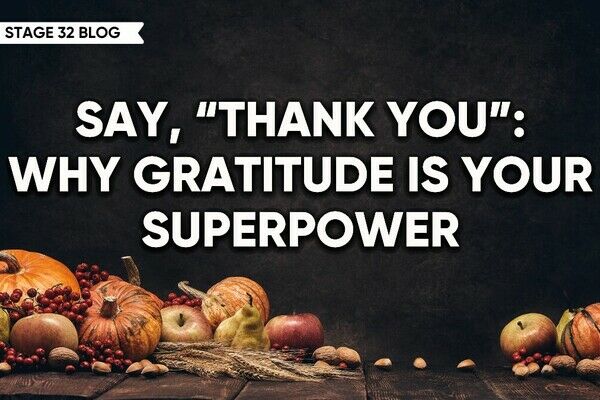
Say, “Thank you”: Why Gratitude is Your Superpower

Advice For Screenwriters From An Award-Winning Producer & Repped Screenwriter

The Rise & Struggle of Independent Filmmakers: Sustaining Creativity in a Studio-Dominated World
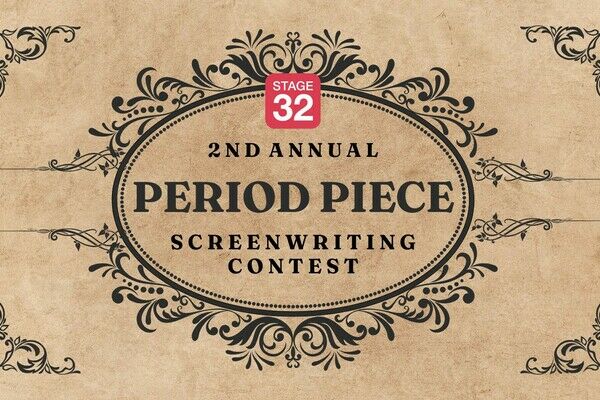
Announcing the 2nd Annual Period Piece Screenwriting Contest



